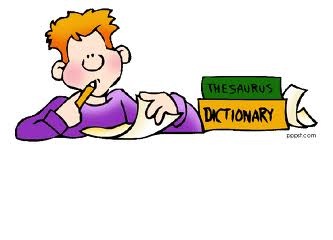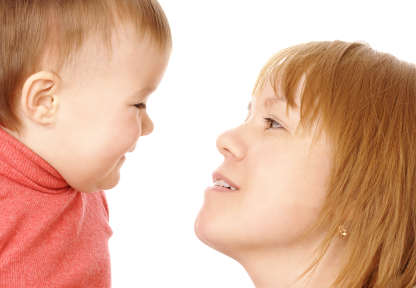Family Support Blog
Speech Language Development – Explain Words
Speech Language Development can be continued after school, and therapy throughout the day. Often, children will ask, "What does that mean?" They seek definitions of words when they are exposed to new vocabulary. Defining words is helpful. However, to help your...
Help Communication Increase – Talk, Talk, Talk
Help Communication Help communication by your child increase simply by talking to him or her. This will expose the child to language. This exposure goes a long way! Talk about the things around you, talk about what you are doing, talk about what your child is...
Child Development – Sleep!
Child Development - Sleep! Children require plenty of sleep to grow and develop. Typical child development depends on sleep. Sleep may be as important as nutrition and exercise. It can be difficult to know how much sleep children require. The National Association of...
Nutrition Supports Development
Nutrition that is adequate, complete and balanced is a powerful part of supporting child development. Plentiful research has been conducted on the effects of nutrition on child development and growth. Poor nutrition has been shown to negatively impact child...
Songs for Children – Singing Helps Development
Songs for children can be found easily in many places such as the library and on internet sites such as iTunes. Songs for children may be brought home to you by your child from school. There are many songs that you may know already. Singing songs with your child can...
Games for Kids – Encourage Dramatic Play
Games for kids can be especially beneficial for child development when it includes pretending. Games for kids can include traditional board games; however, when it comes to speech, language, and occupational skills, dramatic play can facilitate progress in all these...
Language Therapy is Supported by Reading Books – Actively
Language therapy is supported by reading books every day with your child. Language therapy and reading can help with many areas of development such as speech and language acquisition, eye-hand coordination, cognitive-linguistic skills and more. However, to make the...
Improve Speech Language – Moderate TV
Improve speech language skills by moderating TV watching. In 1999 the American Academy of Pediatrics issued a policy statement about television viewing for children. This policy delineated the benefits that TV can have as well as the developmental risks that it can...
Provide Eye Contact
Infants and parents often gaze at one another. These are the some of the first social communicative attempts a child makes. We often take these moments for granted. However, it is important to understand that eye contact is a foundation for speech and language...
Developmental Stages: 0 – 3 months
Begins to develop a social smile, enjoys playing with other people and may cry when playing stops, becomes more expressive and communicates more with face and body, imitates some movements and facial expressions







